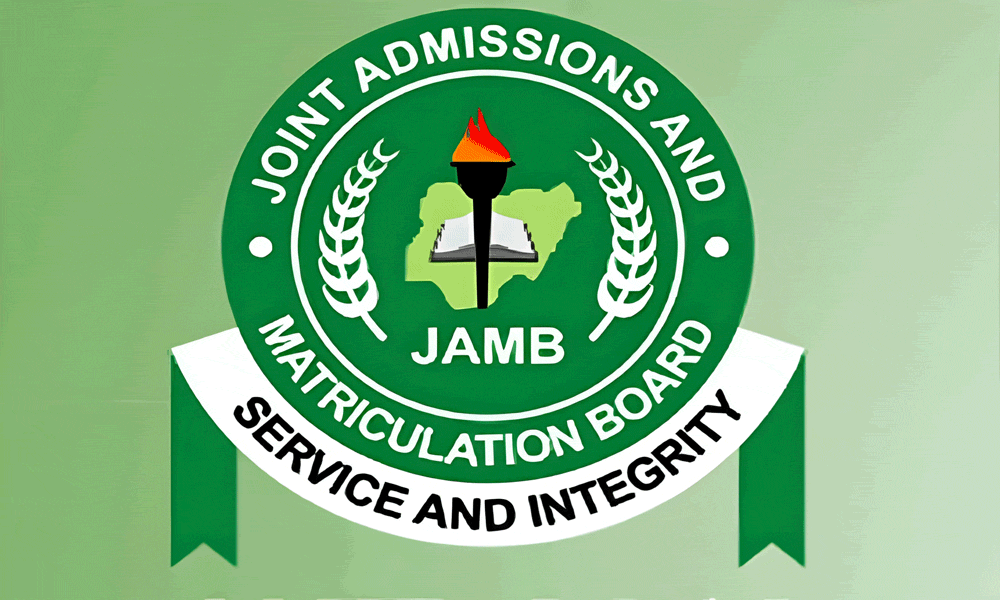CAN, FIDA, NBA, Others Support Rivers State Arbitration, MultiDoor court Bills
The two Executive Bills expected to amongst other things, shorten the time duration of litigations in the State have been described as over-due by Christian Association of Nigeria(CAN),International Federation of Women lawyers (FIDA),Nigeria Bar Association(NBA)and other relevant stakeholders.
They dropped the hint during the public hearing held on the two Bills.
According to them, the Bills will speed up justice delivery in the State and also reduce the rate at which people go to the regular courts to settle dispute as they can now engage arbitration as a means of settling disputes.
Presenting his memorandum, Deacon Promise Ichegbo of Christian Association of Nigeria (CAN), Rivers State chapter, said with the Multi Door Court law in place, Christians would have an alternative means of settling disputes instead of going to the regular court which he described as an unhealthy practice.
Making his points known, a lecturer in the department of Law in the Rivers State University, Austin Chinwo, stressed the need for the establishment of the peoples court as against the regular court.
He said with the establishment of the peoples court cases such as landlord and tenant matter, debts, marital issues and other domestic issues would be easily handled and dispensed faster than it would have been in the regular courts
On her part, the Permanent Secretary, Rivers State Ministry of Justice, Florence Fiberesima, who represented the State Attorney General and Commissioner of Justice, said the proposed Arbitration Bill is an improvement to the 1998 Arbitration Act and done in line with international standards, and thus should be passed into law.
She also noted that the Multidoor Court Bill is meant to operate on its own within the court structure with the Chief Judge in charge.
Earlier, the Chairman, House committee on Judiciary, Hon. Ogeh, had in his opening remarks said that the Bills, if passed into law, would open up the Justice delivery system and allow litigants to have quick dispensation and resolution of issues as well as offer them opportunity to resolve issues themselves if they so desire.



